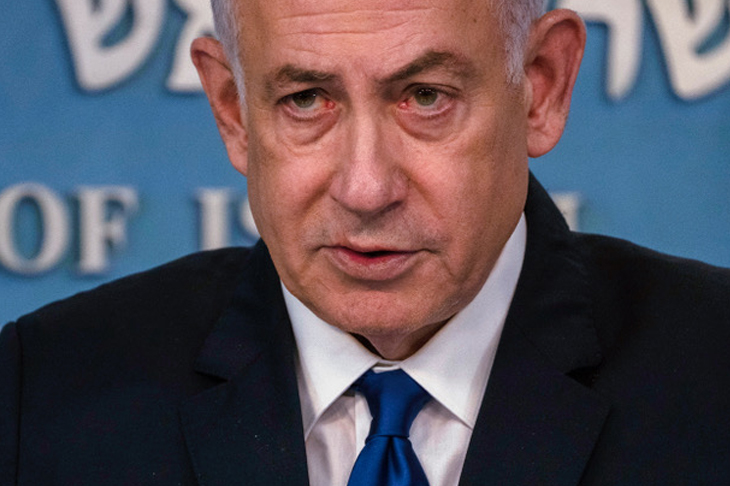I wouldn’t be Benjamin Netanyahu for shekels. But if I were him, I hope I’d act with the same resolve he has shown. In the aftermath of 7 October, once the dust has settled, heads will roll, and Netanyahu’s is likely to be among the first. As Prime Minister at the time he bears ultimate responsibility for the massive intelligence failure that facilitated the slaughter.
Already a subscriber? Log in
Subscribe for just $2 a week
Try a month of The Spectator Australia absolutely free and without commitment. Not only that but – if you choose to continue – you’ll pay just $2 a week for your first year.
- Unlimited access to spectator.com.au and app
- The weekly edition on the Spectator Australia app
- Spectator podcasts and newsletters
- Full access to spectator.co.uk
Or
Unlock this article
You might disagree with half of it, but you’ll enjoy reading all of it. Try your first month for free, then just $2 a week for the remainder of your first year.














Comments
Don't miss out
Join the conversation with other Spectator Australia readers. Subscribe to leave a comment.
SUBSCRIBEAlready a subscriber? Log in